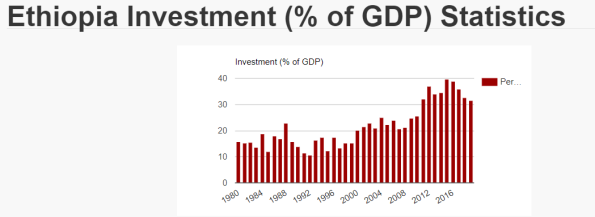Source: International Labour Organization The most popular post on this blog is a summary of ‘The Great Transformation‘ by Polanyi. Which is remarkable as it is an old book about even older events: the transformation off traditional economies with a low rate of investment and little wage labor into modern economies with a high rate of investment and high levels of wage labor (Polanyi does not stress investments too much but see, in about the same period, Kuznets (1955) and Rostow (1959)). This economic process went together with a cultural revolution like the commodification of labor and time. Fortunately, people are not puppets and all kind of institutions mitigating the alienating aspects of the modern economy evolved, like the International Labour Organization, which turns one
Topics:
Merijn T. Knibbe considers the following as important: Uncategorized
This could be interesting, too:
tom writes The Ukraine war and Europe’s deepening march of folly
Stavros Mavroudeas writes CfP of Marxist Macroeconomic Modelling workgroup – 18th WAPE Forum, Istanbul August 6-8, 2025
Lars Pålsson Syll writes The pretence-of-knowledge syndrome
Dean Baker writes Crypto and Donald Trump’s strategic baseball card reserve

Source: International Labour Organization
The most popular post on this blog is a summary of ‘The Great Transformation‘ by Polanyi. Which is remarkable as it is an old book about even older events: the transformation off traditional economies with a low rate of investment and little wage labor into modern economies with a high rate of investment and high levels of wage labor (Polanyi does not stress investments too much but see, in about the same period, Kuznets (1955) and Rostow (1959)). This economic process went together with a cultural revolution like the commodification of labor and time. Fortunately, people are not puppets and all kind of institutions mitigating the alienating aspects of the modern economy evolved, like the International Labour Organization, which turns one hundred this year and which is the worlds leading authority on labour statistics. Or the eight-hour working day, which also turns about one hundred this year (differences between countries, though). But modern research has shown that these processes started much earlier than Polanyi indicated (Hejeebu and McCloskey (1999)) and Van Bavel (2017). On Voxeu a titbit about the fascinating history of the commodification and marketization of time can be found So, why is he still popular?
It’s the economy… The transformation is still going on. Wage-employment is still getting more important (as the International Labour Organization measures). And investment rates are still taking off.

I might however also use the word ‘summary’ a little more often in the title of my blogposts.
